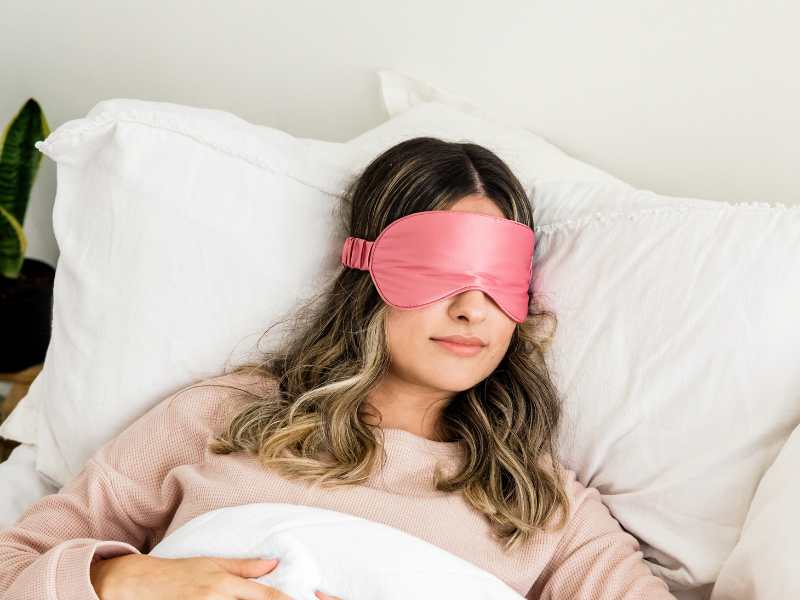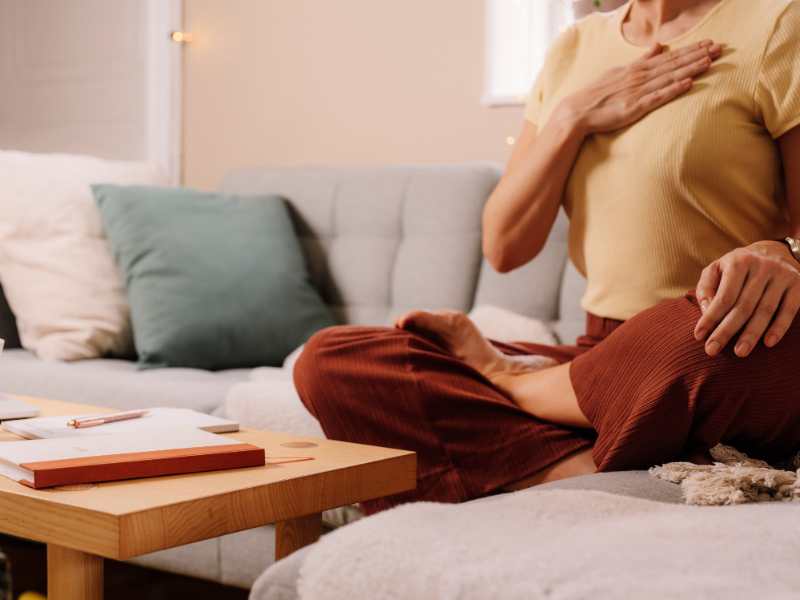Better Sleep and Relaxation: The Benefits of Taking a Bath Before Bed
Taking a bath before bed is a calming activity for a good night's sleep for many. The soothing effects of a warm bath can signal the body to relax and decompress, making the transition into sleep more seamless.
Research suggests that engaging in this evening routine can facilitate a quicker onset of sleep by adjusting the body's core temperature. After a bath, as the body cools down, it mimics the natural drop in temperature that occurs before you fall asleep, which can improve sleep quality.
Beyond the temperature-related benefits, incorporating a shower or bath into one's nightly routine can also serve as a psychological signal that the day is ending. It creates a clear boundary between the hustle of daily life and the tranquility of nighttime rest. This ritual can help you unwind from the day's stressors and enter a more meditative state, which is good for restful sleep.
The role of personal hygiene before bed is important, as it promotes a clean and comfortable sleep environment.
The Benefits of Bathing Before Bed
Taking a bath before bed can enhance both your sleep quality and overall well-being. Scientific studies show evidence that water-based passive body heating has multiple health benefits that support quality sleep.
Improving Sleep Quality
Research from the University of Texas at Austin suggests that warm baths or showers taken 1-2 hours before bed can effectively improve sleep quality by manipulating core body temperature. The heat brings blood to the surface and increases blood flow, which not only aids in muscle relaxation but also aids in reducing sleep onset latency—the time it takes to fall asleep faster. The drop in core body temperature following a bath is a trigger for the body to start producing melatonin, a hormone essential for promoting sleep.
Enhancing Physical Relaxation
The practice of taking a warm bath aids in physical relaxation, primarily through muscle relaxation. Warm water can alleviate muscle soreness and promote the dilation of blood vessels, resulting in lower blood pressure. This process is a part of a nighttime routine that may enhance the quality of deep sleep by facilitating the transition from the alertness of the sympathetic nervous system to the more relaxed parasympathetic state.
Elevating Mental Well-being
A warm bath may serve as a form of stress reduction because it reduces levels of cortisol, the body’s stress hormone, and boosts the production of norepinephrine, a hormone that can positively affect mood. The soothing quality of a bath can also promote mental health by providing a quiet space for meditation and escape from daily stressors, contributing to overall mental health and well-being.
Establishing Your Nighttime Routine
A good bedtime routine helps your body know it's time to sleep. Taking a warm bath before bed is a key part of this routine and can make your sleep better.
Creating a Consistent Bathing Habit
Consistency is key in strengthening the sleep-wake cycle. Introducing a warm bedtime bath into one's bedtime routine helps to lower the body's temperature afterwards, which then induces sleepiness.
Sticking with a habit of bathing at the same time each night can prepare the body for rest, improving sleep efficiency.
- Schedule: Aim to bathe 1-2 hours before bedtime to allow the body to cool down.
- Temperature: Keep water comfortably warm to aid in relaxation and blood circulation, without overheating.
Incorporating Complementary Activities
Enhance your pre-sleep routine by pairing your baths with other relaxing activities. They ease the transition to sleep, further calming the mind and body.
- Relaxing Music: Soft, slow tunes can lower stress and heart rate.
- Reading: Opt for a book that is engaging but not overly stimulating.
- Meditation or Journaling: These practices can help clear the mind of the day's worries, paving the way for a restful night.
Avoiding Common Sleep Interferers
Just as important as the actions you take are the habits you should avoid at bedtime to prevent disrupting the sleep-wake cycle.
Certain substances and activities are notorious for causing awake periods and insomnia.
- Caffeine and Alcohol: Avoid these substances in the hours leading up to bed as they can significantly impair sleep hygiene.
- Electronics: Blue light emitted by screens can interfere with the production of melatonin, the sleep-inducing hormone. It’s best to disengage from electronic devices at least one hour before sleeping.






















